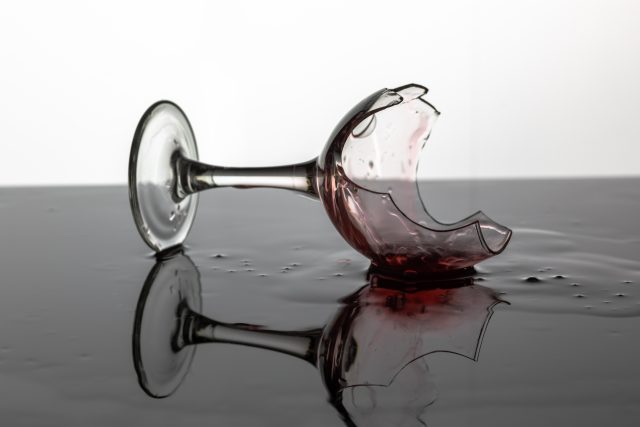This website uses cookies so that we can provide you with the best user experience possible. Cookie information is stored in your browser and performs functions such as recognising you when you return to our website and helping our team to understand which sections of the website you find most interesting and useful.
Comment: The idea of dealcoholised wine is appalling
One producer has reached out to the drinks business to air their views on the growing trend for dealcoholised wines. In an anonymous comment piece, they outline concerns about the concept.

A few weeks ago, ISVV, the Bordeaux oenology institute, organised a forum on the subject of dealcoholised wines. I attended the conference and came away from it completely appalled.
For several months now, my colleagues and I have been studying the possibility of producing a dealcoholised wine. Ever since we got involved in this process, and began to understand the methodology, it seemed to us that we were starting to walk on our heads! And even more so since that conference at L’ ISVV, I’m completely convinced.
To produce a dealcoholised wine, you first need to deal with companies that have extremely sophisticated and very expensive technology. This first part is already an aberration, because it requires a lot of energy, but also leads to a loss of product, between 15 and 20% and residues that have to be recycled. As a result, the final product will have a very high production cost.
Importantly, these technological processes completely modify the initial product. Firstly, by removing its aromas, its structure and its volume in the mouth, making it tasteless and thin. The product in its current state is unusable because its acidity has become very high, leaving you with the impression of an uninteresting acidic aqueous solution. In the case of a red wine, the result is even more disastrous, because as well as the acidity comes the harshness of the tannins, and then you’re approaching undrinkability.
So what can be done to make this product resemble the wine it’s named after? Well, once you have removed the components, you have to rebuild everything! This reconstruction involves adding aromas to make the product resemble the variety or aromatic style from which it originally came. Here we need to call on the wide range of aromatic products available today in the food industry. Then the palate has to be built up to make it voluminous and silky. This means adding at least 40g of sugar per litre and other substances to give the impression of a certain volume in the mouth. Some of these are used in beer and other drinks, but they have never been authorised in wine before.
Next, we need to ensure that the product is microbiologically and nutritionally stable. As long as there is alcohol in the wine, it is protected from the risk of contamination by fungi or bacteria that are extremely harmful to the body, as all non-alcoholic drinks are already protected from. The addition of sugar also means that yeasts can develop to re-season the product.
There are a number of products used in the food industry to achieve this stability, but the only really effective remedy is pasteurisation. This process involves exposing the liquid to a temperature of 70°C for several tens of minutes. Such a heat during this period of time cannot go without an impact on the organoleptic qualities of the product.
Another considerable use of energy.
So, as a wine producer , I wonder why we would produce wine only to destroy it and then find every trick in the book to try and rebuild it?! It also emerged from the conference that not all wines respond as easily to the objective and that it would certainly be necessary to design wines specifically for dealcoholisation. Dealcoholised wine will therefore never be the equivalent of a good wine from which the alcohol has been removed.
The aim would appear to satisfy consumers who want to consume a healthy product but in this case they know nothing of its drawbacks. Such products are far from all the principles that underpin wine production. Wine is a product of the transformation of grape sugar into alcohol, and it derives all these characteristics from a grape variety, an origin, a climate, a human process, creativity and so on…. How is it possible to imagine destroying such an ancestorial art to reconstruct it artificially using chemistry and making it a bad copy?!
We wine people are obliged to go to great lengths on a daily basis to ensure that our products are produced under strict conditions that respect our environment and, above all, consumers. These de-alcoholic alternatives respect nothing. They are not asked to justify any commitment, and it goes without saying that in view of what has been said above, their carbon footprint is so disastrous that they will never be able to match the environmental commitment required of real wine producers.
Some consumers tell me, “I don’t want to drink alcohol during the week, but I’m happy to do it on the weekend”. Why then drink a product made from a former alcoholic product and not consume directly a drink that has never had anything to do with the production of alcohol? They’ll be doing the planet a greater service. And they’ll be much healthier for it, rather than ingesting those fake wines full of sugar and all those other products I dare not mention.
Written under pseudonym ‘Jama L‘

